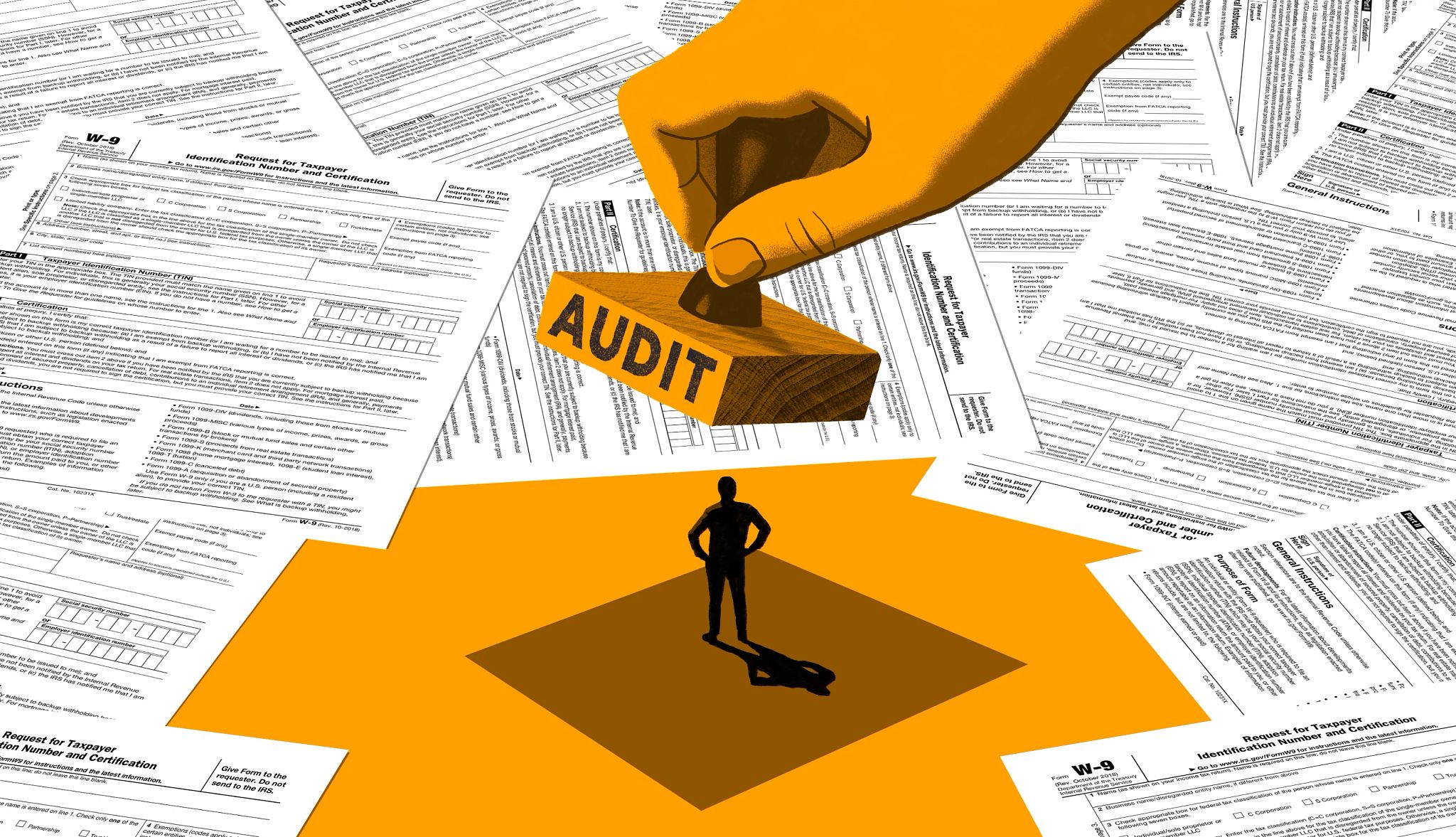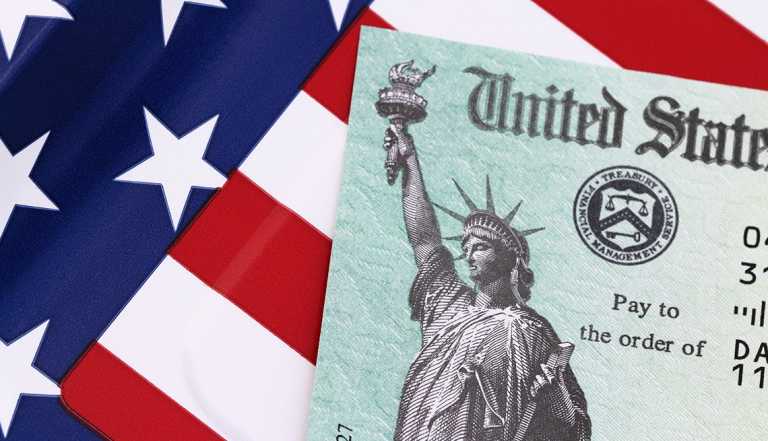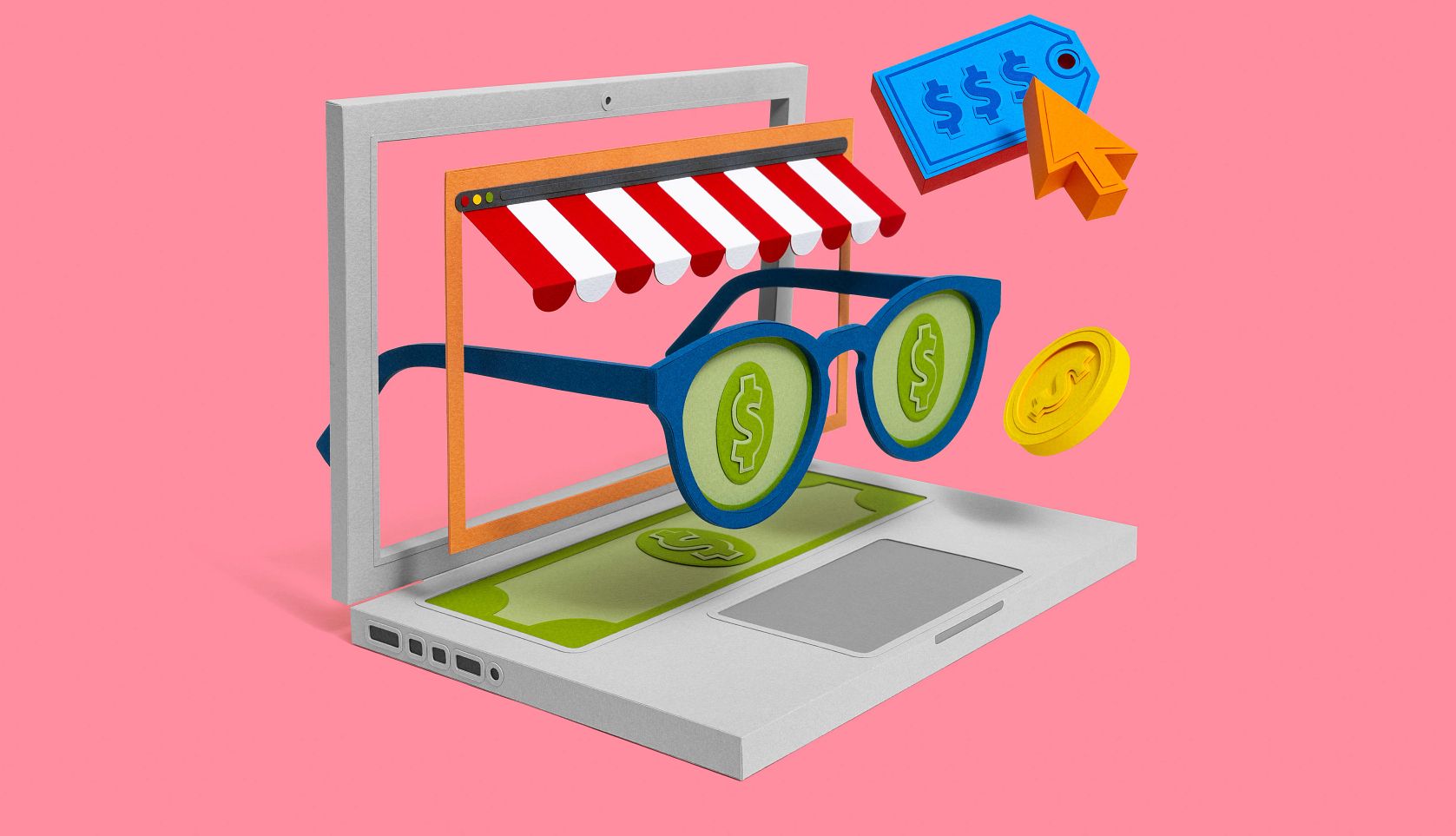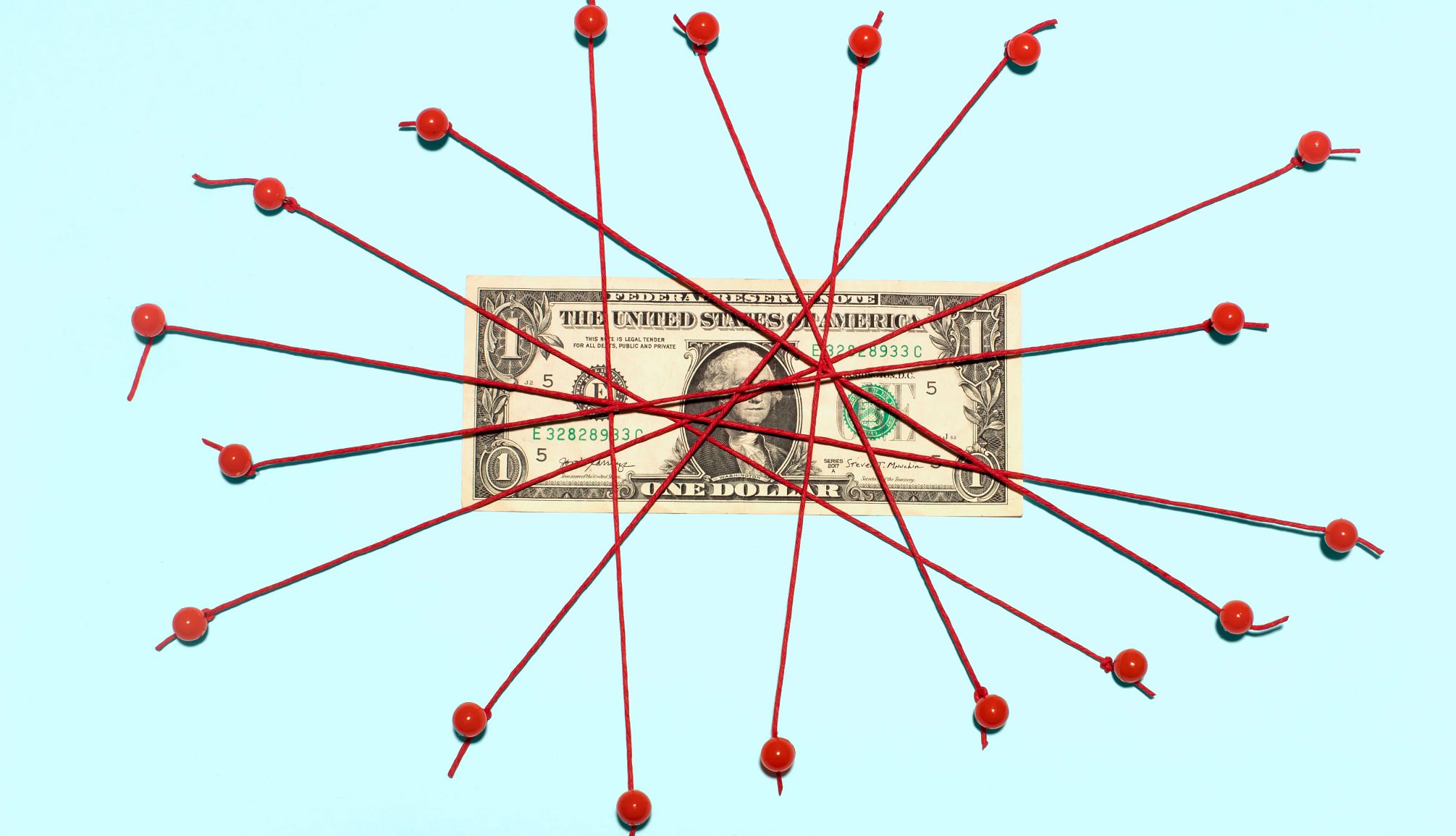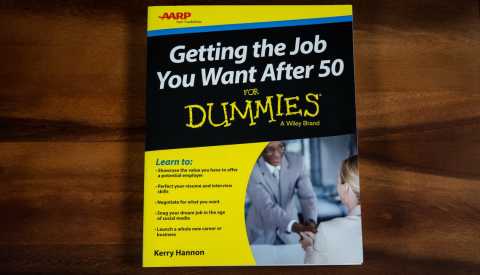Staying Fit
Personal Finance
From building wealth to bargain hunting, great ideas to sharpen your money management skills
Living On a Budget
Saving & Investing


READ: Ye Olde Wealth Wisdom That Remains Both Good and True
16 tips that still hold great value
Your Money Videos


Save 25% when you join AARP and enroll in Automatic Renewal for first year
Get instant access to discounts, programs, services and the information you need to benefit every area of your life.
Managing Debt
AARP IN YOUR STATE
Find AARP offices in your State and News, Events and Programs affecting retirement, health care and more.
Features and Resources




























































